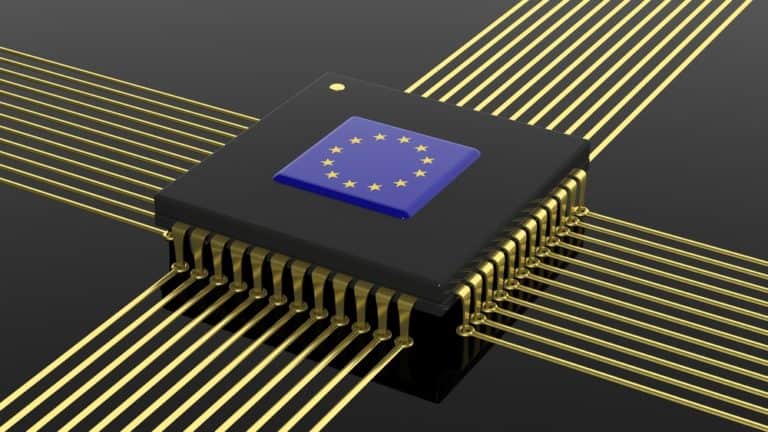Intel CEO, Pat Gelsinger, came to Europe last week to talk to European officials about building a European chip factory. Gelsingers wants to EU to pitch in for 8 billion euros in subsidies because of the higher costs compared to building a plant in Asia.
Intel wants 8 billion euros ($9.7 billion) in public subsidies towards building a semiconductor factory in Europe, according to Reuters. The company’s CEO was cited as stating that figure in a meeting with the European Commission on Friday.
The meeting is part of Europe’s ambitious but controversial plan to revive its home-grown chip manufacturing industry. The project is strategic move as the region seeks to reduce its reliance on imports amid a shortage of supplies.
The pitch is the first time Pat Gelsinger has publicly put a figure on how much contribution he wants from the EU, as Intel pursues a multibillion-dollar drive to take on Asian rivals in contract manufacturing.
“What we’re asking from both the U.S. and the European governments is to make it competitive for us to do it here compared to in Asia,” Gelsinger told Politico Europe in an interview.
European Commission’s Thierry Breton pursues his dream to rebuild the chip industry in Europe
Gelsinger, on his first European tour since taking charge, met European Commissioner Thierry Breton in Brussels on Friday. The visit followed the launch of a plan for Intel to invest $20 billion in chip production in the United States.
On top of that, Gelsinger is prospecting for a location for a plant in Europe that he says would back Breton’s goal of doubling the region’s share of global chip output to 20% over the next decade.
“To meet current & future semiconductor industry demand, Europe will drastically increase production capacity – both on its own and through selected partnerships to ensure security of supply,” said Breton.
The Commission said Breton would hold further talks on May 4 with the CEOs of two Dutch semiconductor players: ASML, the leading maker of semiconductor lithography tools, and with chipmaker NXP.
Recent disruption to semiconductor supply chains has added urgency to efforts to reduce import dependency, yet analysts caution Europe’s shrunken technology base means it doesn’t offer a viable market for a leading-edge plant, or “fab”.
